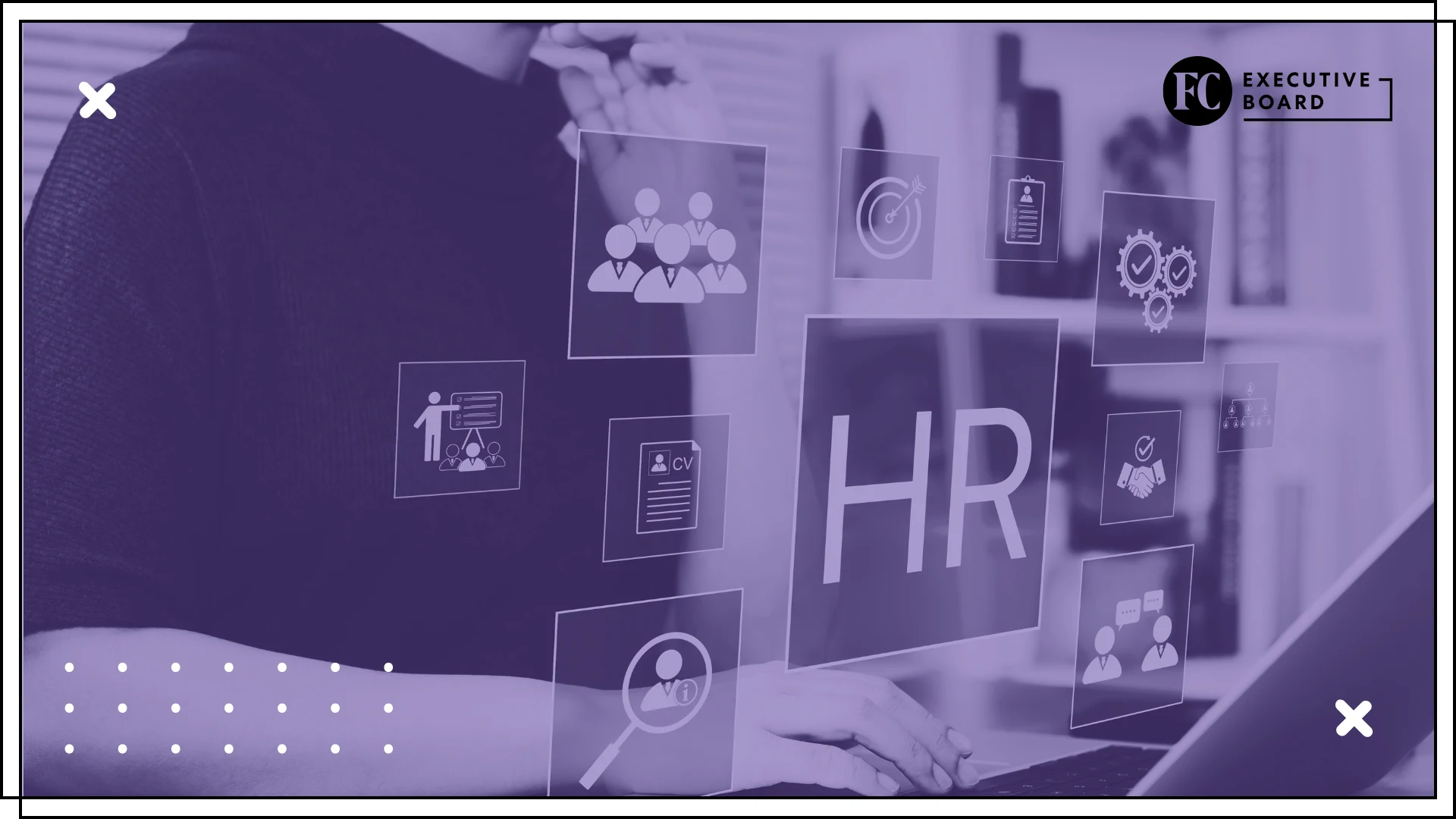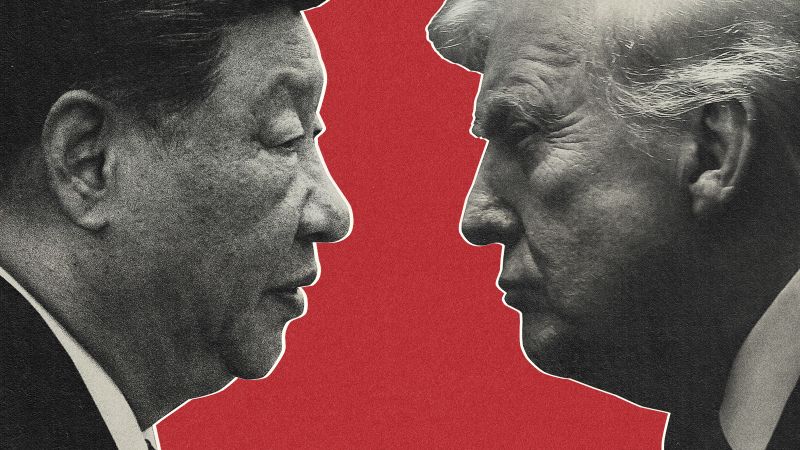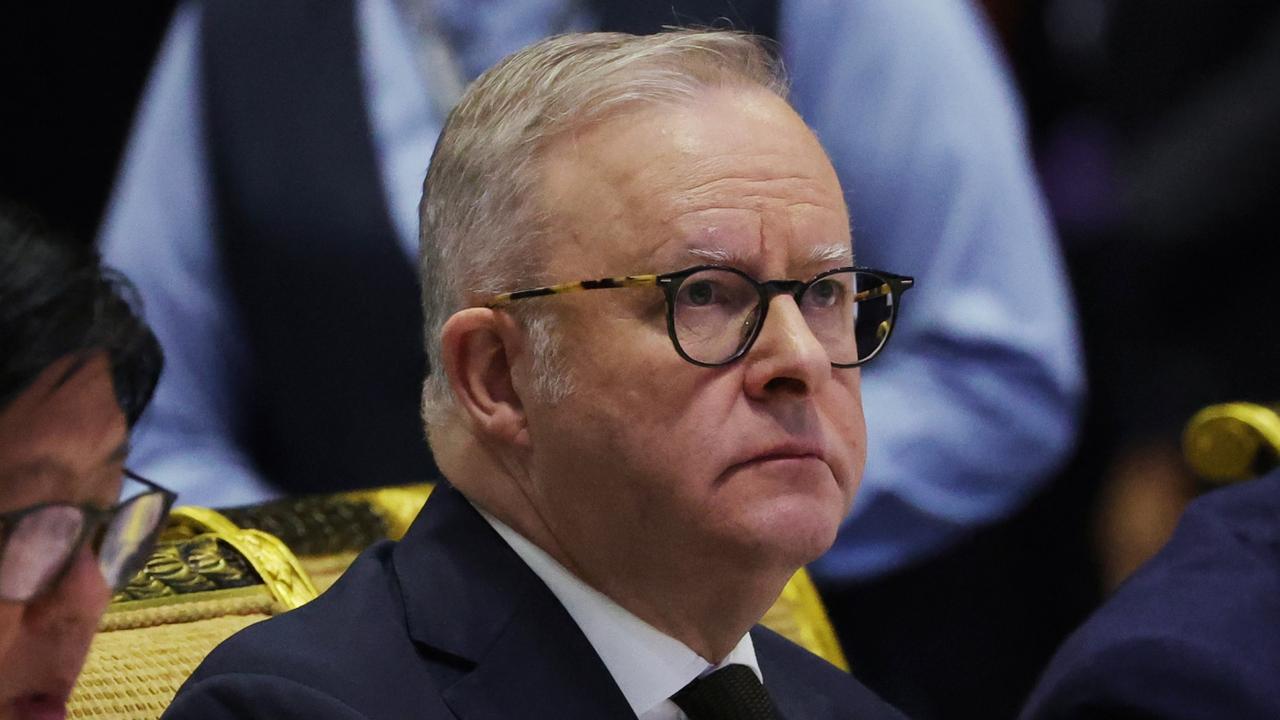Copyright Fast Company

If there’s one thing fatherhood has taught me, it’s that your children will teach you a surprising number of lessons you can apply to work. Sometimes it’s an “aha” moment about the importance of collaboration after a touching moment on the playground. Or maybe it’s a lesson in grit after your child overcomes an obstacle. What I didn’t expect was my kids’ latest Netflix obsession, KPop Demon Hunters, to be so insightful. After watching it on Netflix roughly 50 times, I was doing some thinking on a dog walk and interesting parallels between the lessons of the show and the role of CHROs started to emerge. The movie follows a K-pop music group, who are international pop stars by day and demon hunters by night. When the demon king sends his own demon pop band to Earth, chaos and some very catchy chart-toppers ensue. Beneath the sparkle and sword fights are messages with surprising relevance for today’s CHROs, especially those leading organizations through unprecedented transformation, AI adoption, and shifting worker expectations. Subscribe to the Daily newsletter.Fast Company's trending stories delivered to you every day Privacy Policy | Fast Company Newsletters Recent Deloitte research shows that the CHRO role has experienced a 23% increase in required skills—representing the largest skills expansion among all C-suite positions. CHROs now need to balance business growth strategy, compliance and regulation, culture and wellbeing, analytics and workforce planning, and much, much more. Surprisingly, the lessons from an animated K-pop adventure might offer the mindset CHROs need to succeed in today’s world. 1. Trust is the foundation of teamwork In KPop Demon Hunters, the group’s biggest trouble comes when they keep secrets from each other. This simple story has striking workplace parallels. Trust is the bedrock of effective teams. The 2024 Human Capital Trends Report found that 88% of leaders believe that an increased focus on trust and transparency is important to both organizational success and the relationship between workers and their organization. CHROs are increasingly tasked with bridging silos across finance, operations, compliance, and tech, and without trust, even the most sophisticated transformation agenda risks stalling. Trust can be difficult to quantify, but data is a CHRO’s best friend when building it. A good place to start is with fielding engagement surveys based on the Four Factors of Trust—humanity, capability, transparency, and reliability. Many organizations have successfully deployed this approach, including Deloitte’s own experiment in measuring trust through our rollout of a new AI tool. CHROs should take an active role as “stewards of culture,” building systems and norms that reward transparency and allow information to flow freely. The movie reminds us that shared context enables teams to move quickly and effectively, whether battling quarterly targets or demons. 2. Mindsets (and people) can change In the movie, a rivalry turns into collaboration when the heroes and their demon-band foes finally talk and see each other’s perspectives. For CHROs, that’s the job: creating the conditions where perspectives shift and ideas from all corners are considered. The 2025 Global Human Capital Trends research shows nearly two-thirds of workers feel overwhelmed by the pace of change, while 75% want more stability, even as 85% of executives push for greater agility. This tension won’t resolve on its own. The CHRO’s role is to bridge it, anchoring the organization with a clear vision and values, while building leaders who can genuinely listen, adapt, and integrate diverse viewpoints into action. It’s not just about inviting voices to the table; it’s ensuring those voices shape the decisions that move the business forward. advertisement As organizations continue to design, implement, and evolve AI-related deployments, engaging leaders, managers, and workers in identifying use cases and providing feedback on the tools helps build trust and momentum for driving behavior change. 3. Wellbeing is a strategic lever A running subplot in the film involves the group trying to convince one member to take a break at a bathhouse. It’s a comedic moment but also a sharp metaphor: Even the strongest teams can’t sustain performance without rest. Organizations should view wellbeing as a performance driver. Our research shows that organizations focused on human sustainability are twice as likely to achieve both business and workforce outcomes. Yet only 41% of workers say their organizations are advancing human sustainability in some capacity. Many workers report that a key impediment to their wellbeing is that they are just too busy. As AI begins to automate many tasks that contribute to this capacity gap, organizations should be explicit about how AI and automation initiatives will help workers unlock capacity. CHROs play a critical role in both communicating these advances and ensuring that their organizations will help workers leverage that new capacity to focus on wellbeing. Overall, CHROs have an opportunity to redefine wellbeing beyond wellness programs, integrating it into how work is designed through flexibility, realistic workloads, and space for recovery. The bathhouse scene clearly illustrates the importance of enabling people to bring their best energy to the mission. THE EXPANDING CHRO AGENDA This expanded set of responsibilities means CHROs must balance operational demands with bold, future-facing strategies, fulfilling an expanded role as business strategists, culture architects, and technology translators. And much like our K-pop heroes, they need to be equally adept at dazzling performances (public-facing leadership) and nighttime battles (navigating complexity behind the scenes). If there’s one more lesson to take away here, whether you’re a CHRO or work on a different business function, it’s that inspiration and learning can come from surprising places. So next time your kids are obsessed with a new show or movie, tune in with them; you never know what you might learn. Kyle Forrest is a principal and the Future of HR Leader at Deloitte Consulting LLP.



